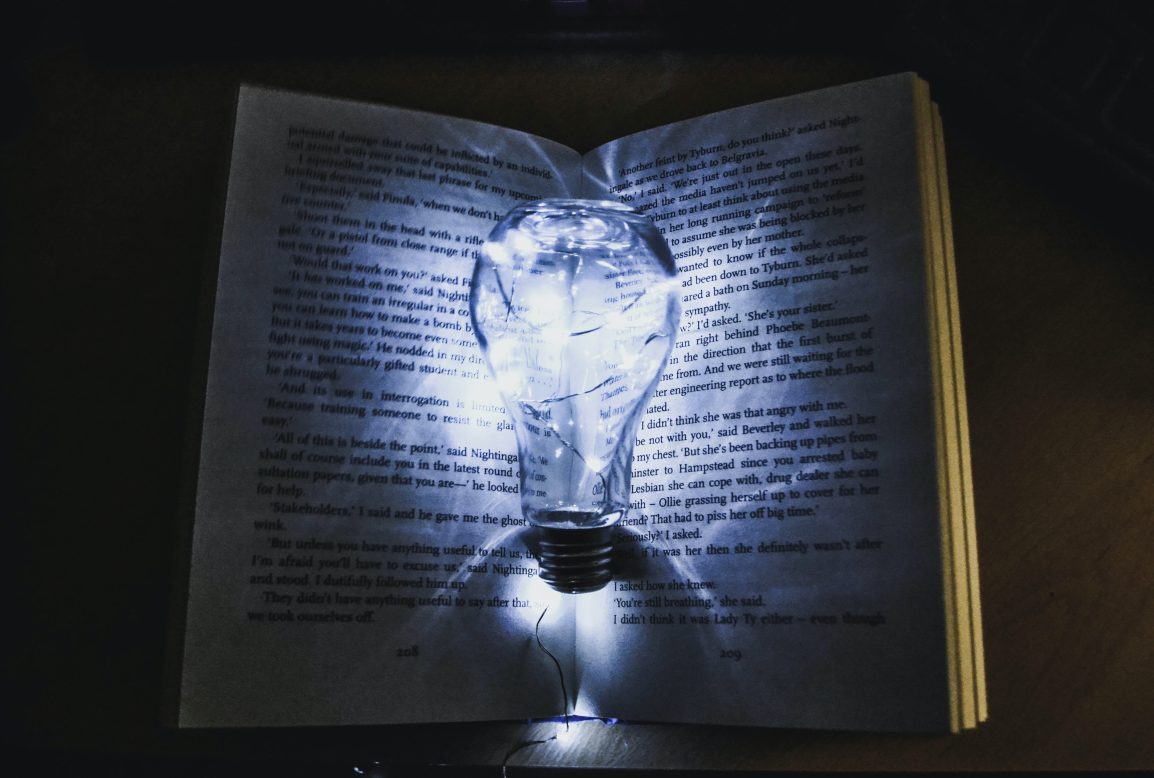What is true evil?
Daniel, the main character, presents evil as all the kindness that an individual hasn’t given. It’s all the times a person could have helped someone but didn’t, faked empathy, not shown genuine care about others suffering, have been so self-absorbed, and full of hatred proceeding to project it onto others. Simply comparing evil deeds with somebody else’s doesn’t make one any less evil. At the end of Daniel’s explanation of evil he says,
“You can always find somebody worse-acting than you and say, at least I’m not as bad as that guy” (62).
Everybody is both evil and good because that is human nature. When one chooses to ignore all the things that are harmful and evil, they become part of it. People who try to actively put good into the world are not committing evil because they put effort, mind, and soul into doing good instead of simply doing nothing. Doing nothing, a person becomes a bystander and gives support to the perpetrator who is committing evil. Evil can not be defined just by hating someone or attacking them verbally or physically. It could be a selfish heart, state of mind, or greed.
Daniel prompts the reader to think about what evil truly is in the following quote. He says,
“Imagine you’re evil. Not misunderstood. Not sad. But evil” (60).
From Daniel’s perspective, one can see evil in a new light. If there was no intention to do good in the first place, is it not evil? Evil is seen as a harsh word but in reality, many situations should be perceived as evil but aren’t.
God & god
“A god who listens is your mom who lets you sit in a kitchen and tell her stories about castles in the mountains” (216).
When talking about a god who listens, Daniel compares it to his mom letting him tell her stories in the kitchen. A person can exemplify characteristics that are favorable, righteous or even god-like. People who provide guidance and help one build character can be perceived as showcasing the qualities of a god and Daniel connects that to people in his life.
When Daniel uses the word, god with a lowercase g, he means it in a more casual way. He associates it with people who are committed to their craft, are very passionate, or believe in something very strongly. In comparison, God himself is an entity that protects and holds everything in balance and doesn’t have a bias, one that a person both speaks and listens to.
Refugee & Humanity
After reading this book, I gained a new understanding of what it is to be a human being and what refugees endure. Daniel mentions repeatedly throughout the book that the most shameful thing about being a refugee is having a patchwork memory. His struggle and confusion with having a diverse identity resonated with me deeply.
My thoughts on the final chapters of this book would be the serious impact that Daniel’s change in tone takes. I feel that we see more of his adult perspective of all the events that occurred in his life. It leaves one thinking of how much he and his family sacrificed to simply live their lives. His mom is so strong and persistent both emotionally and physically throughout the book and it just proves that moms are indeed unstoppable. The strength of his mom and how being a refugee shaped Daniel as a person are what stuck out to me in the last few chapters.


1 Comment
Mary Cate Cone
Love this!
January 2, 2023 at 8:28 pm